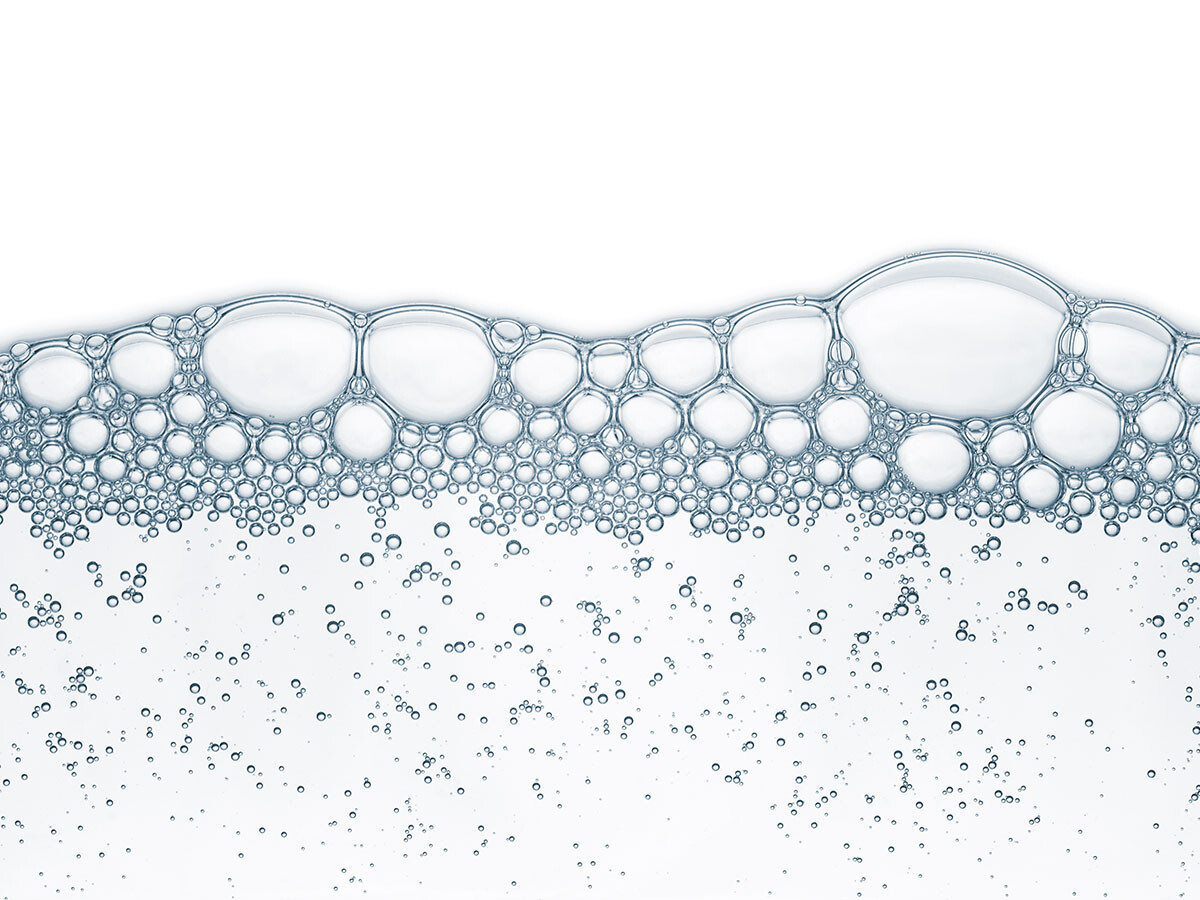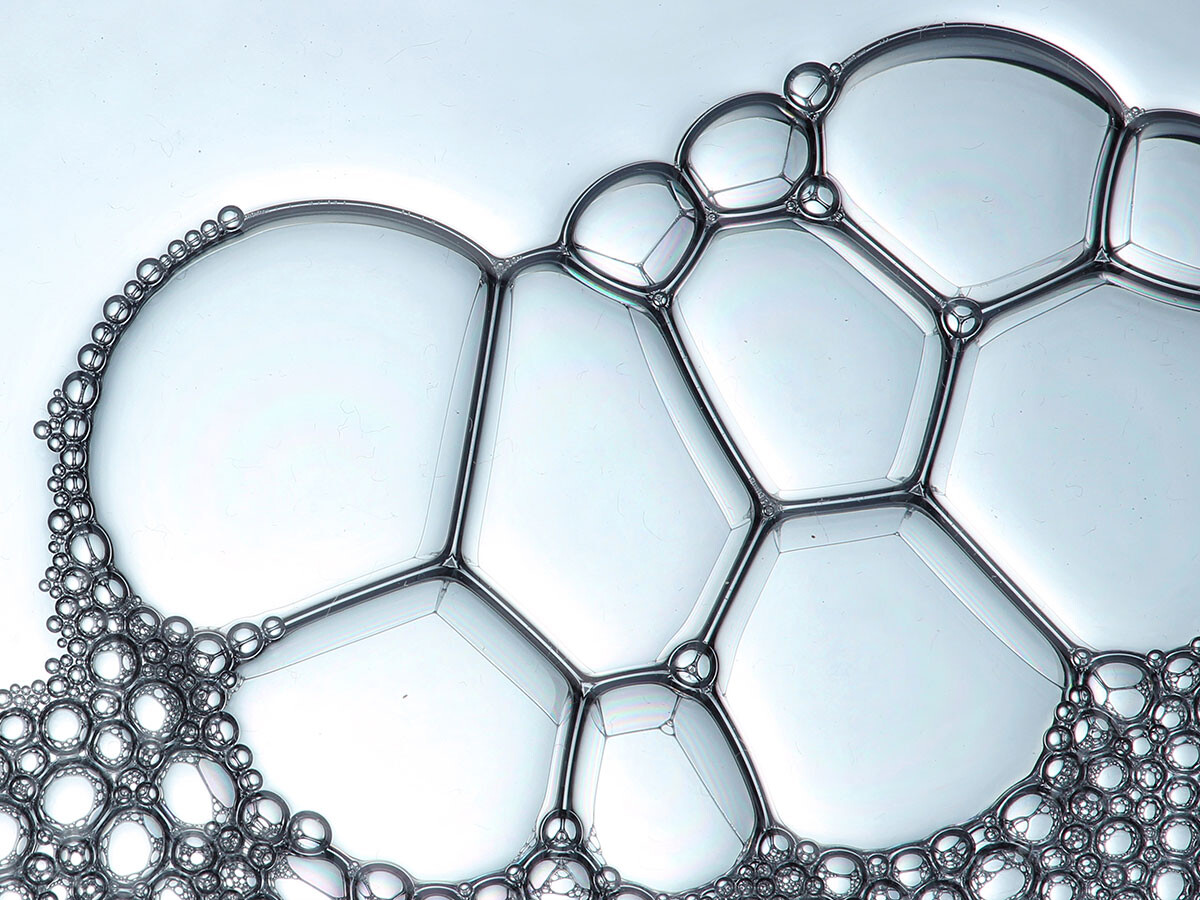The Application of Defoamers in the Pulp and Paper Industry
Wiki Article
The Duty of Defoamers in Enhancing Item Quality and Efficiency
Defoamers offer as important additives that reduce this issue, guaranteeing smoother production workflows while boosting the practical and visual characteristics of the final products. The option of the ideal defoamer can be essential to attaining ideal results, increasing essential concerns about solution compatibility and efficiency metrics that merit additional expedition.Understanding Defoamers
Understanding the function of defoamers is vital for maintaining product high quality throughout different sectors. Defoamers are chemical additives made to stop the development and decrease of foam in fluid systems, which can detrimentally influence processes such as mixing, loading, and surface area tension. Frothing can cause inadequacies, item issues, and endangered visual appeal, making defoamers a vital part in manufacturing procedures.In commercial applications, defoamers assist to enhance item consistency and security. In the paint and coatings market, foam can interfere with the application process and the last surface. In food and drink manufacturing, extreme foam can impede bottling and packaging performance. The efficient use defoamers not just ensures smoother production processes however also adds to exceptional item efficiency.
Furthermore, the choice and formula of a defoamer must line up with certain application requirements, such as compatibility with other active ingredients, efficiency under differing temperature and pH problems, and prospective governing constraints. Inevitably, comprehending defoamers' functions and their value in different formulas is essential for optimizing manufacturing and making certain the finest final result.
Kinds Of Defoamers
Defoamers can be classified into several kinds based on their structure and mechanism of action. The main types consist of silicone-based, non-silicone organic, and inorganic defoamers.Silicone-based defoamers are amongst the most efficient, mostly as a result of their capacity to spread quickly on the liquid surface area and disrupt foam formation. Their unique chemical structure enables exceptional stability, making them suitable for high-temperature applications and atmospheres with differing pH levels.
Non-silicone organic defoamers, often made up of natural oils or fats, are valued for their biodegradability and reduced toxicity. These are typically used in food and beverage applications where security and ecological effect are extremely important.
Not natural defoamers, which consist of compounds like talc or calcium carbonate, act by enhancing the density of the fluid, thus minimizing foam security. They are frequently made use of in industrial procedures where compatibility with various other materials is not a worry.
Each type of defoamer has distinctive advantages and constraints, permitting for tailored options relying on the certain lathering concerns encountered in numerous applications. Recognizing these distinctions is important for maximizing performance and accomplishing desired item top quality.
Applications Throughout Industries
Numerous industries utilize defoamers to improve product quality and operational efficiency. In the food and drink field, defoamers are essential in procedures such as brewing and dairy production to stop foam development, which can result in inefficiencies and item incongruity. By regulating foam, manufacturers can make sure far better yield and an extra uniform item.In the pharmaceutical sector, defoamers play a vital function in the solution of fluid medicines, where too much foam can restrain blending and exact dosing. Their use aids preserve the stability of the solutions and helps with smoother manufacturing procedures.
The paint and finishes sector also relies upon defoamers to enhance the efficiency of items throughout application. By minimizing foam, these additives guarantee a smoother finish and boost the aesthetic qualities of the end product.

Benefits of Making Use Of Defoamers
While useful source the application of defoamers varies across markets, their benefits constantly improve product high quality and process performance. One substantial advantage is the decrease of foam formation throughout manufacturing processes, which can otherwise bring about manufacturing hold-ups and disparities in product high quality. By minimizing foam, defoamers make it possible for a smoother flow of materials, facilitating a lot more efficient operations and reducing the chance of equipment breakdowns.In addition, using defoamers can boost the appearance and texture of last products. In markets such as finishes, paints, and food handling, extreme foam can endanger the aesthetic appearances and total top quality, while the suitable defoamer application makes certain a consistent finish and desirable characteristics. In addition, defoamers can add to set you back financial savings by lowering waste throughout production and enhancing using raw products (defoamers).

Choosing the Right Defoamer
Choosing the best defoamer is important for maximizing manufacturing procedures and making sure item high quality. The choice of defoamer affects not just the efficiency of foam control however also the overall efficiency features of the last item. Aspects to think about include the sort of application, the chemistry of the formula, and the ecological problems under which the product will certainly be utilized.Different industries may call for specific defoamer kinds, such as silicone-based, organic, or polymeric defoamers. Recognizing the compatibility of the defoamer with the key active ingredients is necessary to avoid unfavorable reactions that could compromise product stability. Furthermore, the defoamer's efficiency in numerous temperature levels and pH degrees should be examined to ensure constant performance.
Checking the defoamer in small-scale applications can supply useful insights right into its efficiency and suitability. Factor to consider of regulatory compliance, specifically in food, drugs, and cosmetics, is critical in selecting a defoamer. Inevitably, an extensive evaluation of these aspects will result in the option of a defoamer that not only controls foam properly but likewise boosts the quality and performance of the end product.
Verdict

To conclude, defoamers are vital ingredients that dramatically improve view publisher site product high quality and efficiency throughout different sectors. By effectively decreasing foam formation, these agents not only improve functional performance but also contribute to the functional and aesthetic stability of products. The tactical selection and application of defoamers result in cost savings, optimized resource use, and increased customer fulfillment. On the whole, the relevance of defoamers in commercial processes can not be overstated, as they play an important role in accomplishing constant and premium outcomes.
Lathering can lead to ineffectiveness, product issues, and endangered aesthetic charm, making defoamers a critical part in manufacturing procedures.

Report this wiki page